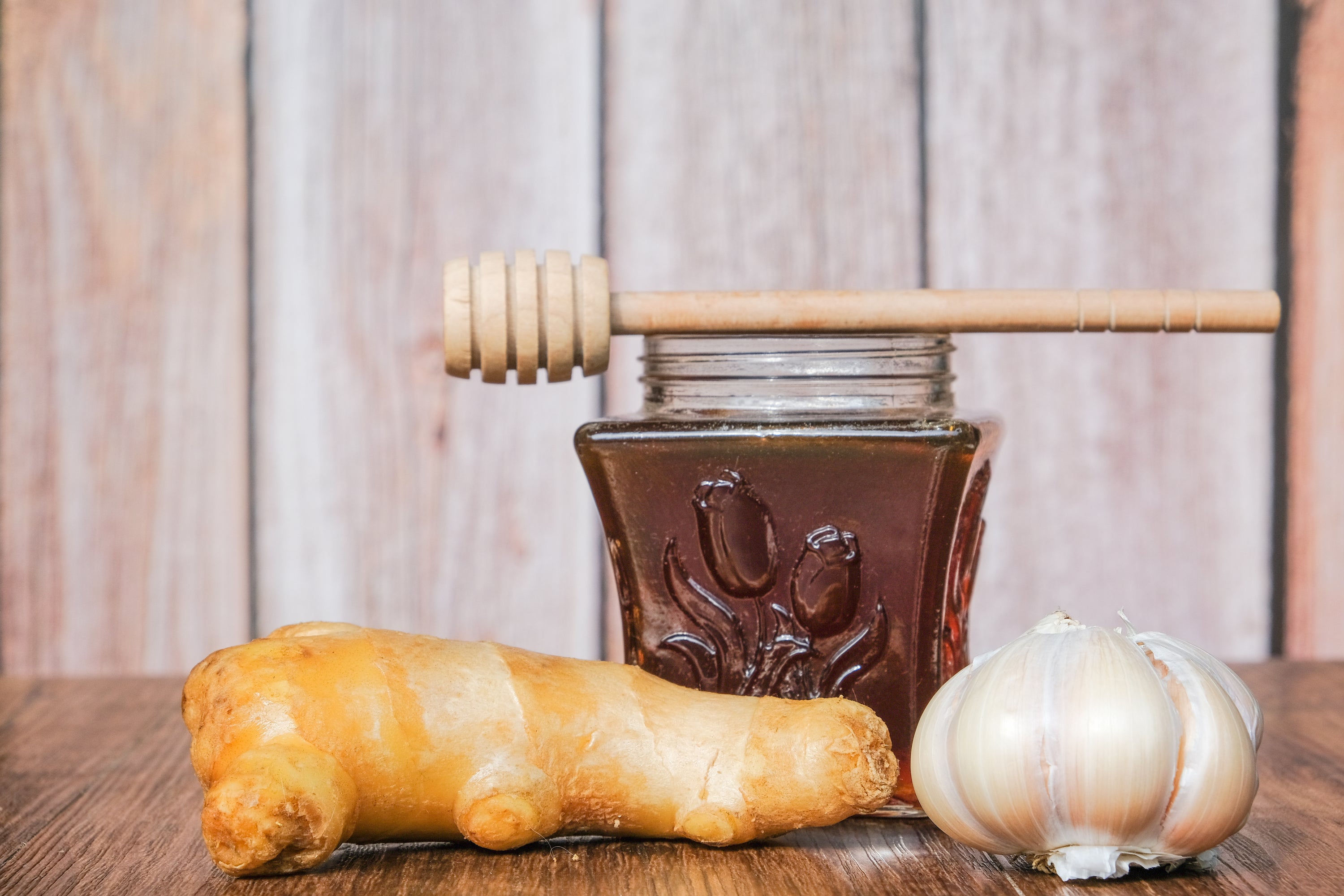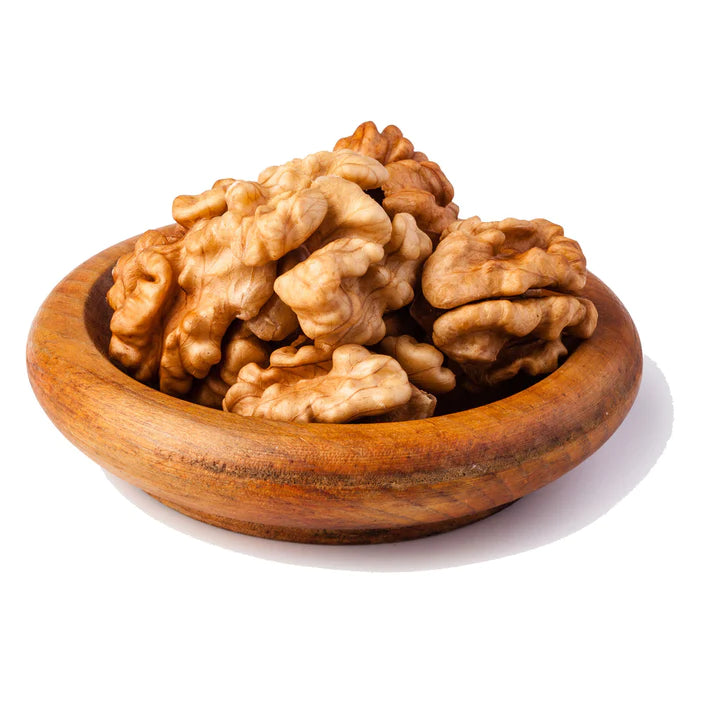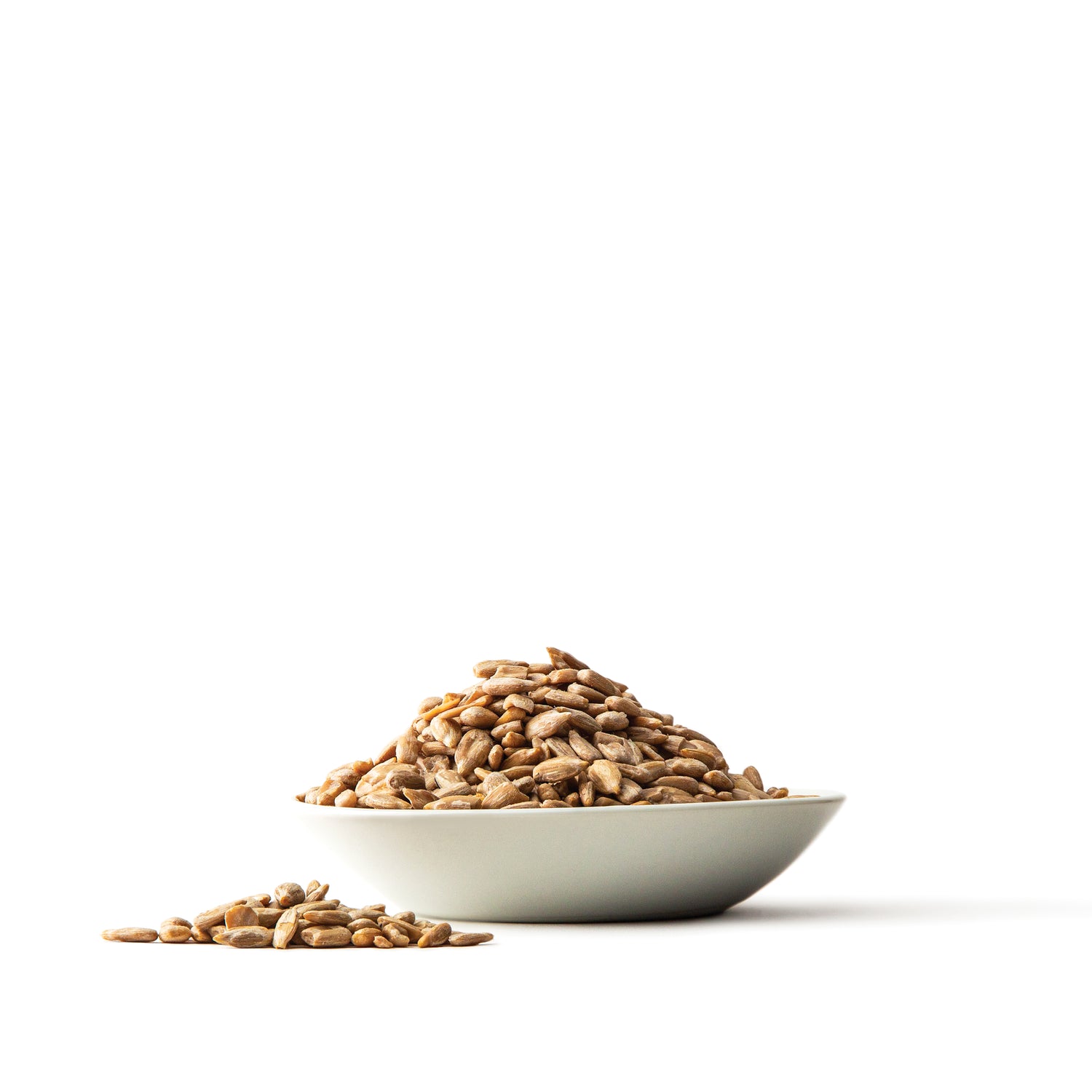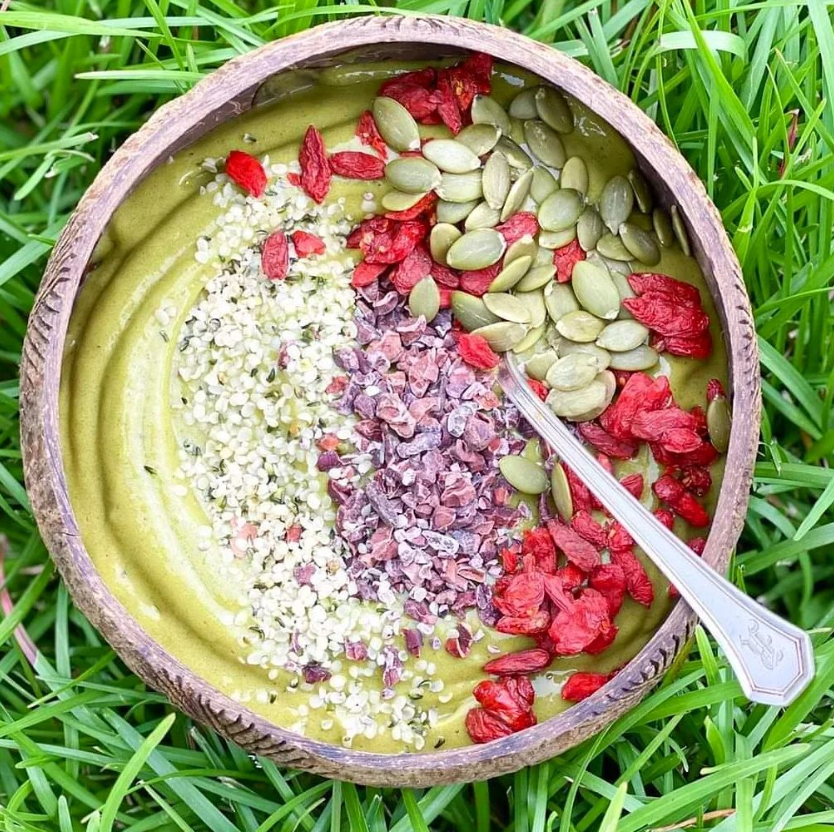Vitamins are incredibly important in a healthy diet and lifestyle. Most we get from foods, but there are times when supplements may be necessary. Usually, vitamins are all lumped into the same category. But four are very different from the rest. These are Vitamins A, D, E, and K. Unlike all other vitamins, these four are fat soluble rather than water soluble.
Fat soluble means that these vitamins act like oil in that they do not mix with water. Water soluble means that the substance will mix with water. The danger lies in overdose, although that is incredibly rare in developed countries. When taking fat soluble vitamins in a supplement, one should not take it on an empty stomach, as they may cause you to feel ill. Typically, these vitamins are all available in a balanced diet.
What does each of these vitamins do? Why do we need them?
Vitamin A is responsible for eye health, which is incredibly important. True vitamin A is found only in meat products, but luckily it comes in different forms. Beta carotenes are able to transform into vitamin A when ingested. Usually, they’re found in carrots or other similar vegetables. Therefore, it is completely possible and quite likely in fact that one can get enough Vitamin A from a healthy diet.
Vitamin D is also rather famous, and it contributes to healthy bones and a strong immune system. Often people take vitamin D supplements in the winter when they are not getting as much sunlight. There are two types of vitamin D: D2 and D3. D2 can be found in some mushrooms, while D3 is made naturally when sunlight meets the skin. Because the body makes its own vitamin D, it usually is completely self-sufficient.
Vitamin E is lesser known as it isn’t much to worry about. Vitamin E is an antioxidant, and it can be found in vegetables, seeds, and nuts. Vitamin E is not typically taken as a supplement, but applied topically as an oil. Vitamin E oil has shown promise in healing scars and acne.
Finally, Vitamin K is another lesser known nutrient. Its main job is aid in blood clotting, keeping cuts and scrapes from bleeding excessively. Just as with vitamin D, there are two types of vitamin K, K1 and K2. K1 is found in many plants, and K2 is found in animal products and it is naturally made by gut bacteria.
These vitamins are incredibly important, but under most circumstances, they take care of themselves. If you have any concerns about vitamin deficiencies, be sure to talk to your regular healthcare provider. In the meantime, Foods Alive is here to support you in every health endeavor!
Research
https://www.healthline.com/nutrition/fat-soluble-vitamins#6






